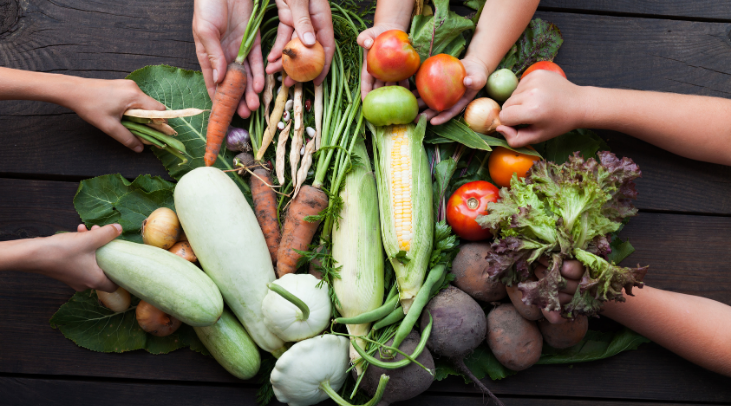In a world where environmental concerns are becoming increasingly urgent, the agricultural sector has a pivotal role to play in driving sustainability. For us, eco-friendly farming practices are not just a commitment to the planet but a cornerstone of our export strategy. This blog explores the sustainable farming techniques we use to enhance produce quality while minimizing environmental impact.
1. Organic Farming Practices
We prioritize organic farming methods to reduce the use of synthetic chemicals and pesticides. By enriching the soil with natural fertilizers like compost and manure, we ensure healthier crops and a reduced ecological footprint.
Benefits:
- Improved soil health and fertility.
- Reduction in groundwater contamination.
- Better compliance with international organic certification standards.
2. Water Conservation Techniques
Water scarcity is a pressing issue in agriculture. To combat this, we implement advanced irrigation methods like drip irrigation and rainwater harvesting to ensure efficient water use.
How It Works:
- Drip irrigation delivers water directly to plant roots, minimizing waste.
- Rainwater harvesting systems collect and store water for use during dry seasons.
3. Integrated Pest Management (IPM)
We employ IPM techniques that combine biological, cultural, and mechanical pest control methods, reducing the reliance on harmful chemicals.
Examples:
- Using natural predators like ladybugs to control aphid populations.
- Planting pest-repelling companion crops alongside main produce.
4. Renewable Energy Adoption
To lower our carbon footprint, we utilize renewable energy sources like solar-powered water pumps and energy-efficient cold storage facilities.
Impact: These measures not only reduce greenhouse gas emissions but also lower operational costs, making farming more sustainable.
5. Crop Rotation and Diversity
By rotating crops and cultivating diverse produce, we enhance soil fertility, prevent pest infestations, and reduce the need for synthetic inputs.
Conclusion
Sustainability is no longer optional; it’s a necessity for the future of farming and exports. Our eco-friendly practices not only align with global environmental goals but also improve the quality of our produce, making it more appealing to international buyers.
Join us in creating a greener tomorrow through sustainable farming!

